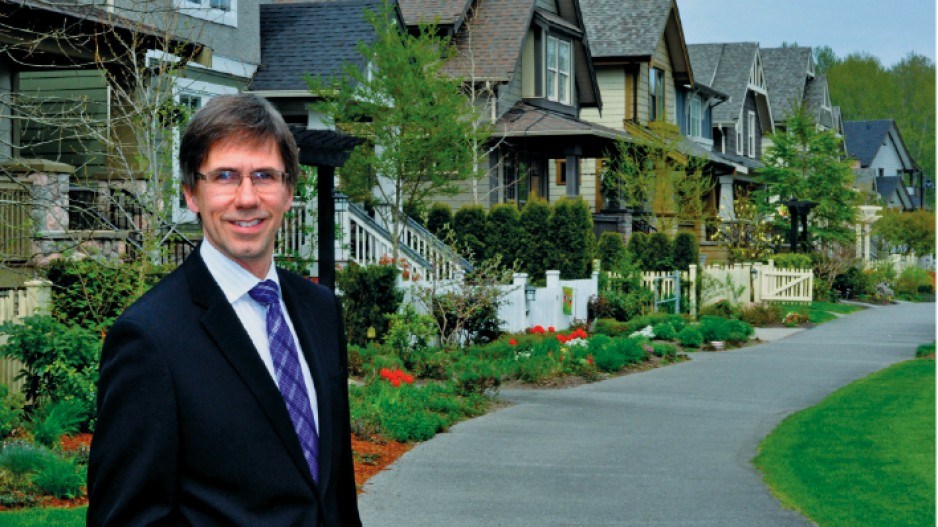Surrey is starting to pull away from Vancouver as the better city for real-estate investors, according to the Real Estate Investment Network's (REIN) 2013 report on B.C.'s best 10 investment towns.
Surrey topped the list for the fourth year in a row while Vancouver fell off the list for the first time in five years.
Population growth, job growth and affordable real estate are the main reasons Surrey is a great place for real estate investors who intend to rent their properties, REIN CEO Don Campbell told Business in Vancouver.
Vancouver, on the other hand, dropped off the list primarily because its real estate is so expensive.
Campbell's mantra is "If you don't have cash flow, you're not investing. You're speculating."
For a Vancouver landlord to have positive cash flow, Campbell said he or she might have to invest as much as $500,000 in a down payment to have a mortgage small enough that rent exceeds mortgage, taxes, strata fees and other expenses.
Campbell said Surrey is on track to become B.C.'s largest city, given that its population is already more than 500,000 people and is expected to expand to 740,000 by 2041. Those additional residents will sustain demand for rental units.
Marquee companies such as Coast Capital Savings have long had a base in Surrey and are expanding to new headquarters in the city. The new South Fraser Perimeter Road and expanded 10-lane Port Mann Bridge are also set to bring under-the-radar companies in the trucking or distribution sectors, Campbell said.
Other major projects nearing completion include the city's $512 million Surrey Memorial Hospital expansion and its $87 million city hall and civic plaza.
Surrey mayor Dianne Watts estimated that between 2,000 and 2,200 businesses are created each year in Surrey and that many are helping establish Surrey's City Centre region.
Century Group has approval to build a 52-storey, $150 million mixed-use tower.
Concord Pacific is moving ahead with plans for three towers and Simon Fraser University has been expanding its presence at the area's Centre's Central City Shopping Centre.
"If [Surrey] ever gets increased funding for public transit, it will make the city even more viable as a place to invest," Campbell said.
REIN research indicates that properties within walking distance, or about 800 metres, from either light rail or rail rapid transit rise in value by about 15% compared with similar properties more distant from public transit.
That same bump in value does not hold true for properties within walking distance of B-Line-style rapid bus routes.
Campbell warns investors that Surrey forbids homeowners from renting both a basement suite and a backyard coach house. He believes the city will do little to enforce its bylaw unless there are complaints from neighbours, but Watts stressed that the bylaw is necessary to prevent parking problems in single-family neighbourhoods.
"We have the lowest residential taxes in Metro Vancouver and the second lowest business taxes. That's another piece of the puzzle when you look at where people are deciding to invest their money."




